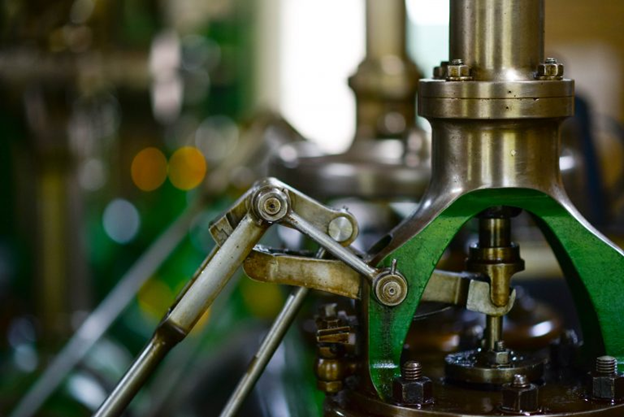Keeping Your Machines Moving with High Quality Repairs

Hydraulics persistently empowers numerous pieces of equipment impacting diverse industries. In some occasions where there are leakage or have a malfunction, getting a hydraulic cylinder repair makes it possible to keep working. You can reduce the amount of down time that your machines can have, and also keep them running in a more r99 fuel (renewable diesel) friendly manner.
When Your Hydraulic Cylinder Needs Repair
Several tell-tale signs indicate potential issues with your hydraulic cylinder:
- Loss of Power or Reduced Lifting Capacity: Your equipment may also exhibit a drop in its ability to effectively lift/move loads; this could simply be a result of internal wear or a leak within the cylinder.
- Visible Leaks: If the fluid leaks on the surface, it shows that the seal has been compromised, or the cylinder has been damaged in one way or the other.
- Unusual Noises: Any manner of grinding, screeching, or other abrasive sounds heard when the cylinder is operating which are not usual could indicate that there are some structural or component problems.
The Hydraulic Cylinder Repair Process
If you suspect a problem with your hydraulic cylinder, here’s what to expect during the hydraulic cylinder repair process:
- Inspection and Diagnosis: A competent technician will then carefully examine the cylinder to establish if there is any crack; if it has been damaged in any way or if the seals and other working parts are worn out.
- Disassembly and Cleaning: Component wise the cylinder is to be dismantled so as to facilitate best possible analysis of the interior part of the cylinder. In this stage, the technician will ensure that the entire part is cleaned well without leaving any dirt.
- Component Replacement: Any seals will be replaced if they have become worn; piston rings that may be damaged in some manner or other faulty parts shall be replaced by efficient ones.
Extending the Life of Your Hydraulic Cylinders
While repairs are inevitable, taking preventative measures can significantly extend the lifespan of your hydraulic cylinders:
- Regular Maintenance: It is recommended to consult the owner’s manual for some form of schedule to check and mend minor problems before they get out of hand.
- Cleanliness: Keep your surroundings clean around your hardware to reduce the chance of dust and dirt affecting your machinery thus causing early destructive mechanisms to the seals of the cylinders.
- Proper Operation: Do not run your equipment at its maximum and work it to its hydraulic stress to reduce extreme strain with the hydraulic system.
Conclusion
It is essential to get the hydraulic cylinder fixed as soon as possible to avoid stress and to have it done by a professional to ensure the smooth processing of your equipment.







